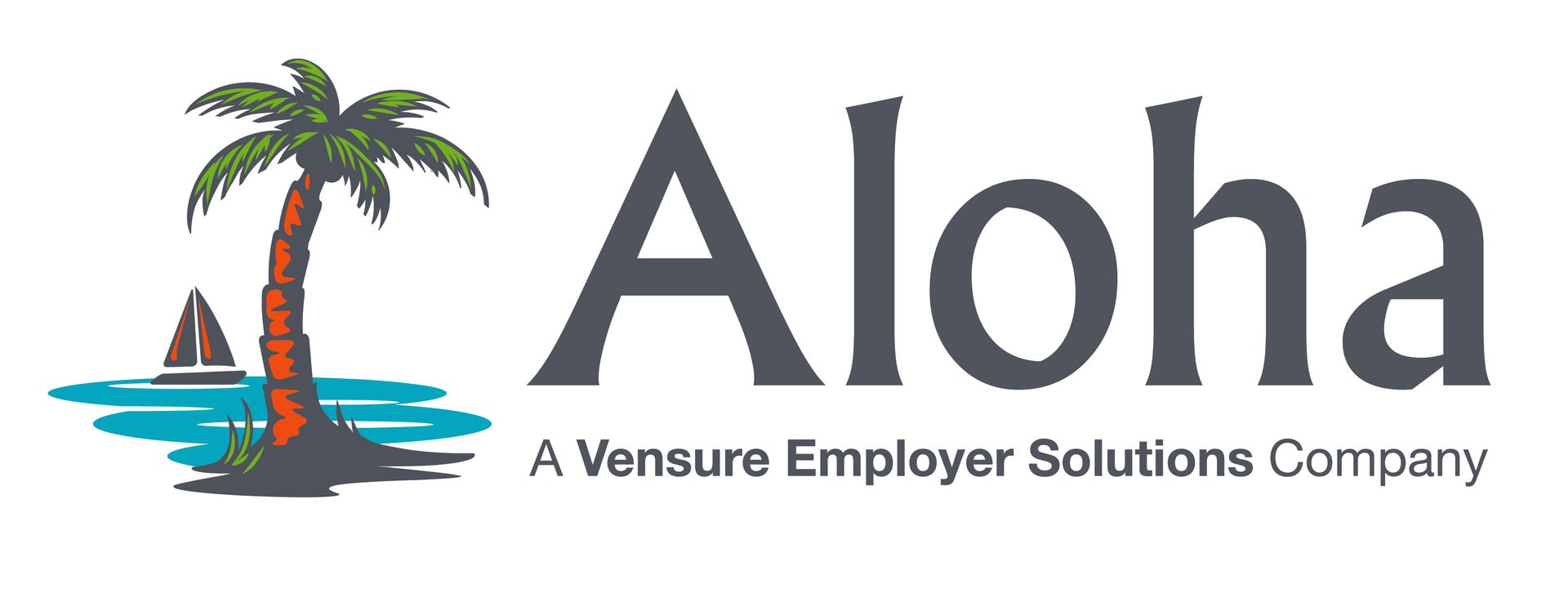10 Essential HR Policies Every Company Should Have
Having well-defined HR policies is crucial for any company, regardless of its size or industry. These policies serve as guidelines for employees and help ensure a fair and consistent work environment. In this blog post, we'll discuss the 10 essential HR policies that every company should have in place.
1. Equal Employment Opportunity Policy
It's important for companies to have a policy that promotes equal employment opportunities and prohibits discrimination based on factors such as race, gender, age, religion, or disability. This policy sets the tone for a diverse and inclusive workplace.

2. Code of Conduct
A code of conduct outlines the expected behavior of employees within the workplace. It covers areas such as professional ethics, conflicts of interest, and appropriate use of company resources. Having a clear code of conduct helps maintain a positive work culture.
3. Anti-Harassment and Anti-Discrimination Policies
These policies are crucial for creating a safe and respectful work environment. They define what constitutes harassment and discrimination, and outline the process for reporting and addressing such behavior. Implementing these policies helps protect employees and fosters a culture of respect.

4. Attendance and Punctuality
An attendance and punctuality policy sets expectations for employees regarding their work hours, breaks, and time-off requests. It helps ensure that the company operates efficiently and that employees understand their responsibilities in terms of attendance.
5. Leave and Time-Off Policies
Clear guidelines on vacation, sick leave, and other time-off policies are essential for managing employee absences. These policies should outline the process for requesting time off, as well as any eligibility criteria and documentation requirements.

6. Performance Management and Evaluation
A policy on performance management and evaluation outlines the process for setting goals, conducting performance reviews, and addressing performance issues. This policy helps employees understand how their performance will be assessed and provides a framework for continuous improvement.
7. Health and Safety Policies
Ensuring the health and safety of employees should be a top priority for any company. Health and safety policies cover areas such as workplace hazards, emergency procedures, and employee wellness programs. These policies help create a safe and healthy work environment.

8. Employee Benefits and Compensation
Companies should have clear policies outlining employee benefits such as healthcare, retirement plans, and other perks. Additionally, a compensation policy should detail how salaries, bonuses, and raises are determined, promoting transparency and fairness.
9. Confidentiality and Data Protection
Protecting sensitive company information and employee data is essential. A confidentiality and data protection policy outlines the expectations for handling confidential information and the measures in place to safeguard data.

10. Grievance and Conflict Resolution
A policy for addressing employee grievances and resolving conflicts is crucial for maintaining a positive work environment. It provides a structured process for employees to raise concerns and ensures that conflicts are handled in a fair and timely manner.
```